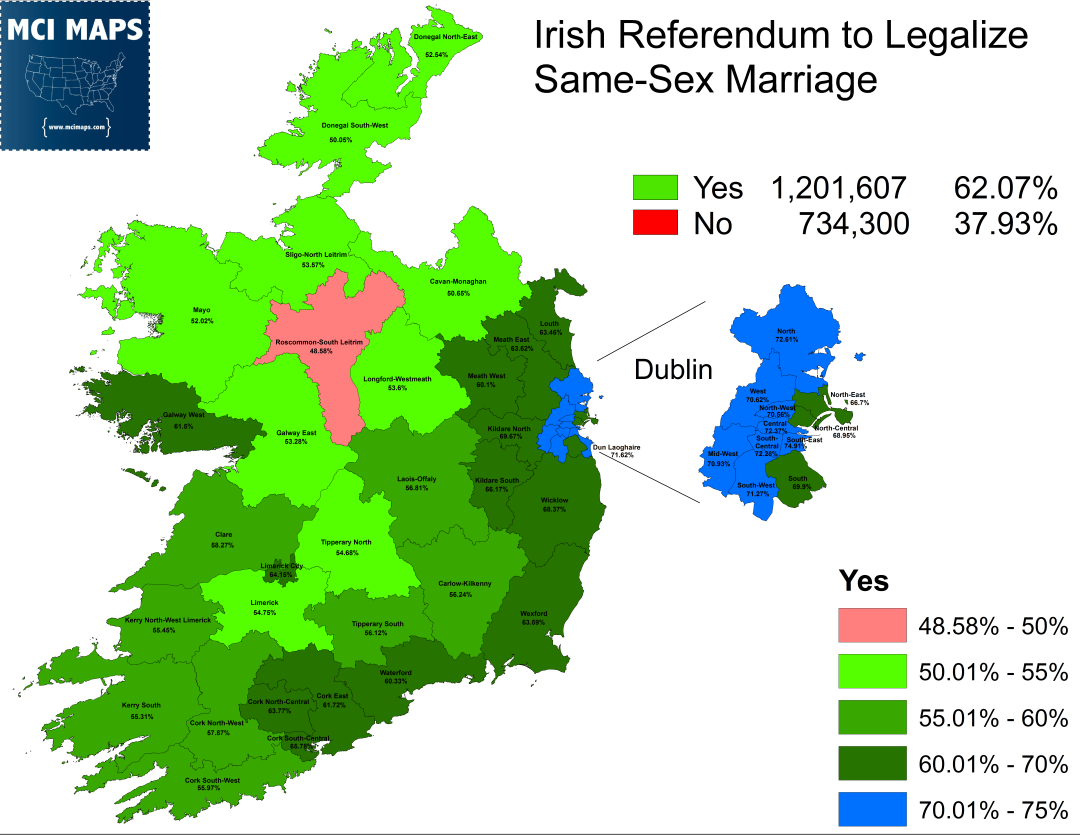1606 Arnhem Land, History: Seaman Willem Jansz of the Dutch East India Company landed near Weipa in the far north of Queensland to take on water. He is the first recorded European visitor to the mainland of Australia, though he thought it was continuous with New Guinea, as it once was.
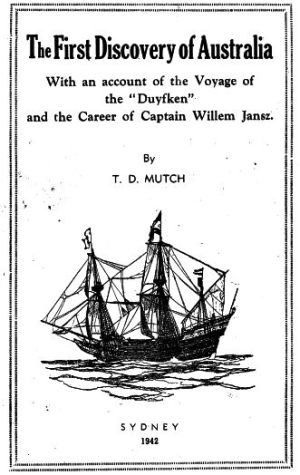
1616 Rome, Religion: Pope ordered Galileo Galilei to deny helio-centrism, or else.
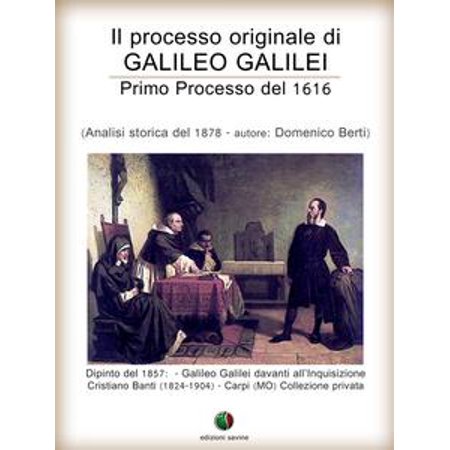
1919 Washington, D.C., Politics: Congress legislated to establish the Grand Canyon National Park. The original bill had been introduced in 1882. Using the executive powers of the Presidency in 1906 President Theodore Roosevelt had made the Grand Canyon a game reserve. He did the same in 1908 when he had made it a National Monument under the protection of the Federal Government. But legislation to make it a Park was repeatedly defeated in 1883, 1886, 1905, 1907, 1910, and 1911. Even today there are rumours of minerals and oil in them there canyons.

1949 Fort Worth, Technology: A B-50 Superfortress took off in the first continuous round-the-world flight with a crew of fourteen. In 94 hours it travelled 23,452 miles. It was re-fueled four times in the air by B-29 tankers in carefully planned rendezvouses, and returned to Fort Worth on 2 March. The flight tested equipment, crew endurance, planning, flight fuelling, and weather conditions. This was a Cold War exercise. It is pictured below landing back in Fort Worth.

1984 New Haven, Literature: Robert Penn Warren became the first United States poet laureate. He had moved to New England in a self-imposed exile from the South where his support for racial integration had made him a pariah. I heard him read his poetry twenty years earlier, and felt privileged for it.

Category: Practice
25 February
1862 Philadelphia, Economy: The first United States paper money was issued. Because of its green colour it quickly became known as the greenback. Heretofore banknotes had been just that notes issued by particular banks. The Government had minted coins (hard money) and issued warrants that could be converted into gold at banks.
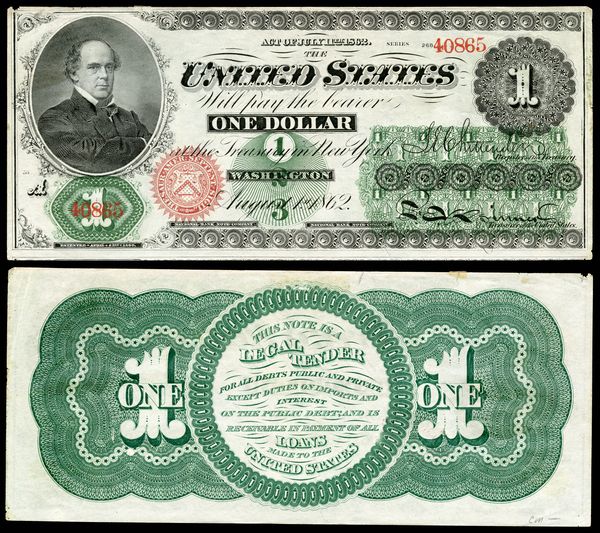
1904 Dublin, Literature: J. M. Synge’s ‘Riders to the Sea’ premiered. It is a one-act tragedy famed for its poetic language in which the waters give and take the lives of the fisherman and their folk.
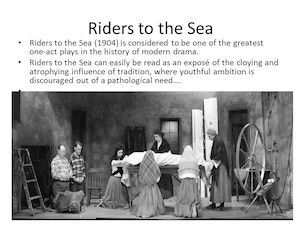
1956 Moscow, Politics: In a secret speech to the Twentieth Congress of the Communist Party of the Soviet Union, party chairman Nikita Khrushchev denounced Joseph Stalin’s reign of terror.
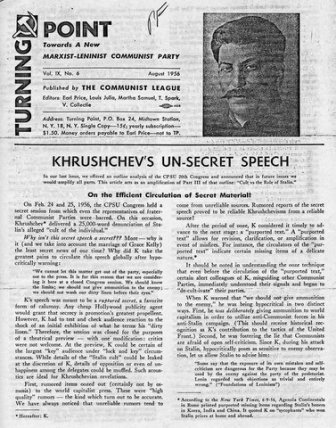
1964 Miami Beach, Sports: At a 3-1 underdog defeated reigning heavyweight boxing champion Sonny Liston and did so easily. That was Cassius Clay.
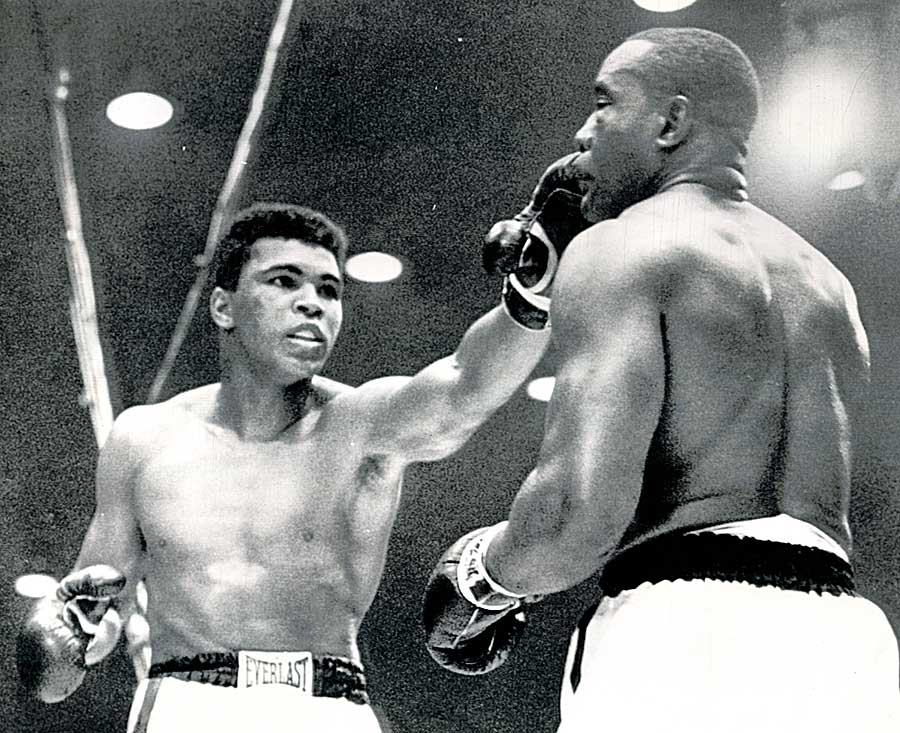
1965 Ottawa, Politics: The André Laurendeau and Davidson Dunton’s Royal Commission Report committed Canada to Bilingualism and Biculturalism. It morphed into Bilingualism and Multi-culturalism in short order. It was the first time the Federal government undertook to preserve French.

February 24
1510 Rome, Politics: Pope Julius II excommunicated the whole of the Republic of Venice. At the time Julius was allied to the French, trying to drive the Venetians out of the northern Italian region. He had changed sides several times to keep his enemies at bay. The Venetian Senate did not bother to inform the populace and in time with another changing alliance the excommunication was lifted.
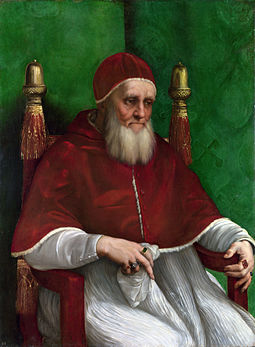
1582 Rome, Technology: Pope Gregory XIII asserted the new calendar that still bears his name. It was devised by Luigi Lillo who reformed the Julian calendar. To make the change, later in the year the calendar moved from 4 October to 15 October to re-set the year, omitting Eisenhower’s birthday. The 29th of February as a corrective. This calendar remains in use.
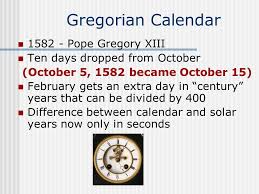
1821 Igula (Mexico), Politics: Two leaders of a popular revolt Agustín de Iturbide and Vicente Guerro agreed that once the Spanish were driven out the independent country would be a monarchy, Roman Catholic, and based on equal rights. It set the foundation for the Mexico to come.
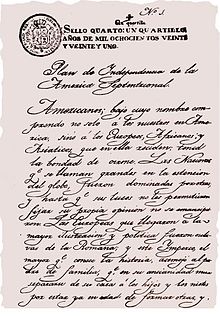
1977 President Jimmie Carter declared that US foreign aid will be allocated in part on guarantee of human rights. The gesture put human rights on the international agenda as never before. The White House, for a time, was off the Christmas card list of dictators here and there. Consistent with his beliefs, Carter extended a visa to the Shah with regrettable results. Consistency is no virtue in changing times. See the entry above about Venice.
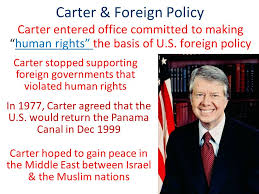
1984 Sydney, Medicine: Dr Victor Chang performed first successful heart transplant in Australia. He was later murdered by three bunglers all of whom have served their time and are now free men, but Dr Chang is still dead, his children still without a father, and his widow a widow. She went to great pains to keep his name alive by raising money for medical care and research.
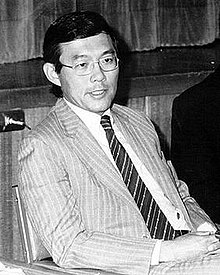
23 February
1455 Mainz (German), Technology: The first print run of the so-called Gutenberg Bible began, the first European book printed with metal, moveable type rather than carved wooden blocks of text. Perhaps fifty copies survive of a print run of about 150. It was not a commercial success for Johannes Gutenberg.
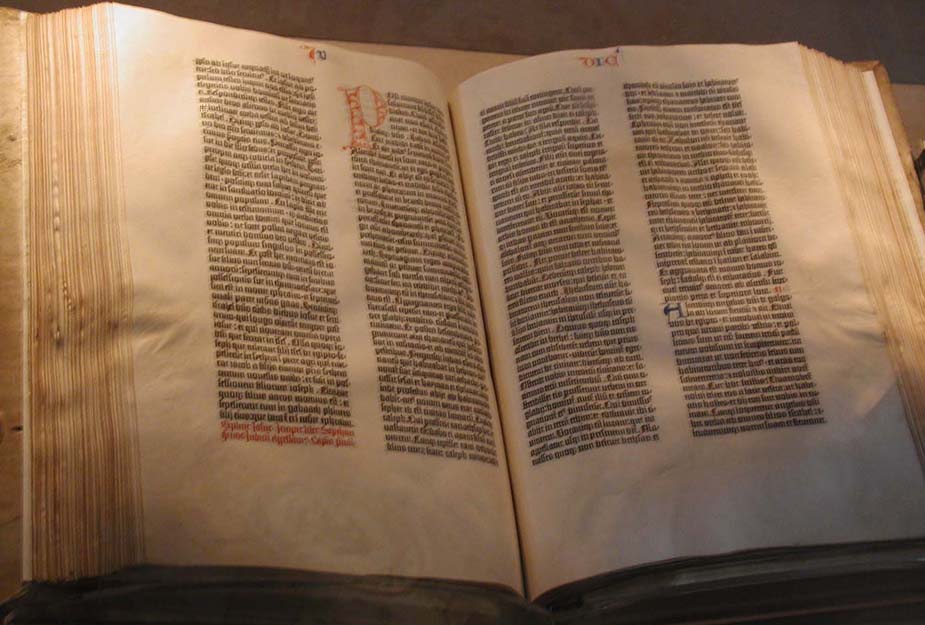
1940 Okemah (Oklahoma), Music: Woody Guthrie wrote the song ‘This Land is Your Land.’ He intended it to be a response to Irving Berlin’s paean ‘God Bless America.’ It became a working class anthem, which inspired the likes of Bob Dylan. Notice the sticker on the guitar.
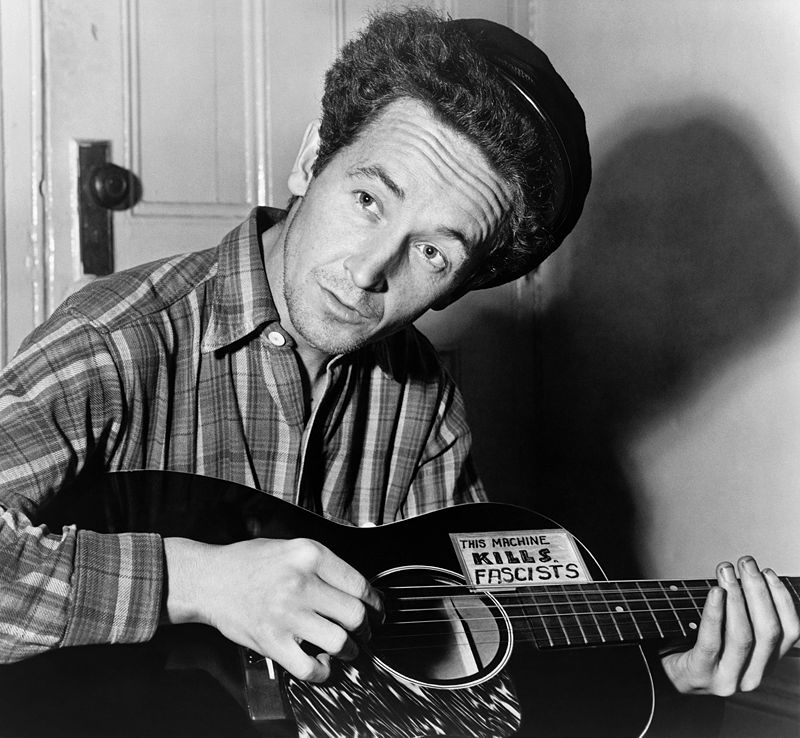
1963 Vienna, Music: Luciano Pavarotti made his debut in ‘La Traviata’ with a voice like an all-enveloping ocean, said one critic.

1970 Perth, Technology: The Indian Pacific train left for Perth from Sydney on its inaugural run. The trip was made for the first time without changing rains or stopping. It had taken ten years for the South and Western Australia tracks to be converted to match the Australian National standard. The trip takes about seventy-two hours in all. Never done it. Never been tempted to do so.
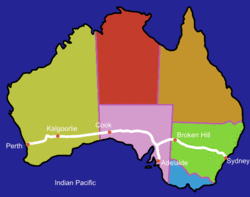
1981 Madrid, Politics: King Juan Carlos went on television to demand that the uniformed rebels who, having shot their way into parliament had seized hostages, lay down their arms, and ordered the remainder of the Army to abide by the constitution. It was a risk that no one would obey this ersatz king to whom many referred as ‘The Swiss’ and the backstage story must have been tense. Below is a still photograph from that broadcast. This was the farce that followed the tragedy of the Spanish Civil War.
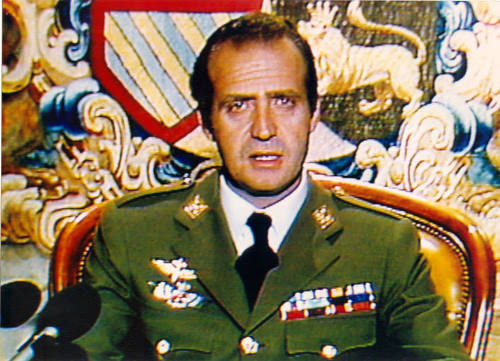
22 February
1819 Washington, D.C., Politics: The Florida transfer was concluded in which Spain ceded all its claims to the peninsula it had first settled at St. Augustine in 1565. Secretary of State John Quincy Adams negotiated the pact at no cost. Rather the United States took over the debts Spain had incurred in the territory, mostly claims for Americans for losses due to Spanish maladministration. Florida had long been a burden to Spain with no benefit. Adams suggested his rival Andrew Jackson as the governor of the territory, an arrangement that ensured Congressional support. This is one of the few times Quincy Adams showed political acumen.
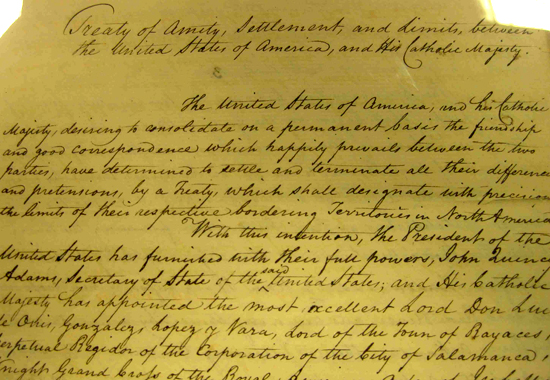
1879 Utica (New York), Commerce: Frank Woolworth opened the first store of that name. With his brother later he opened a second in Lancaster (Pennsylvania). All items were priced at five or ten cents, these stores and their rivals (e.g., Kresge, Ben Franklin, Kress, Reitz) came to be called five-and-ten cent stores, or later, dime stores. Woolworth stores have disappeared into corporate buyouts and mergers in the United States. Those bearing that name elsewhere have no connection with these origins. Yes, we have one of those others nearby.
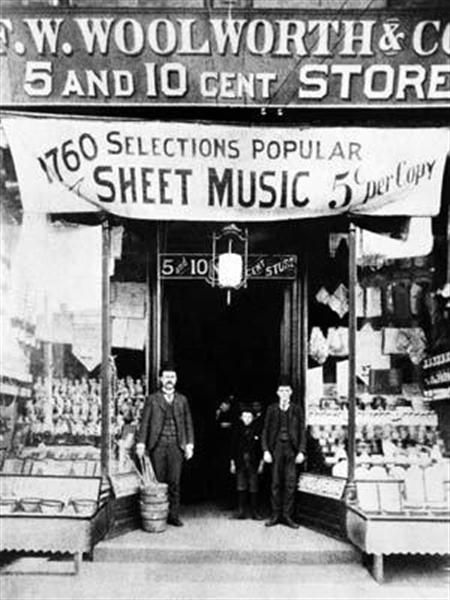
1946 Moscow, Politics: George Kennan sent the Long Telegram to the Department of State. In it he spelled out in 8,000 words the policy of containment of the Soviet Union that dominated United States foreign policy for the next generation of the Cold War. He followed this up with ‘The Sources of Soviet Conduct’ published in ‘Foreign Affairs’ by ‘X’ in 1947. Of course, he knew and we know that the Soviets read them both with interest.
1965 Canberra, Economy: The Royal Australian Mint. built to produce decimal currency, opened, a year before the Australian dollar and its tenths hit the streets. Been there and seen the robots at work.Below Prince Phillip throws the switch to start the machinery. With advent of the ubiquitous card, what will mints mint in the future?
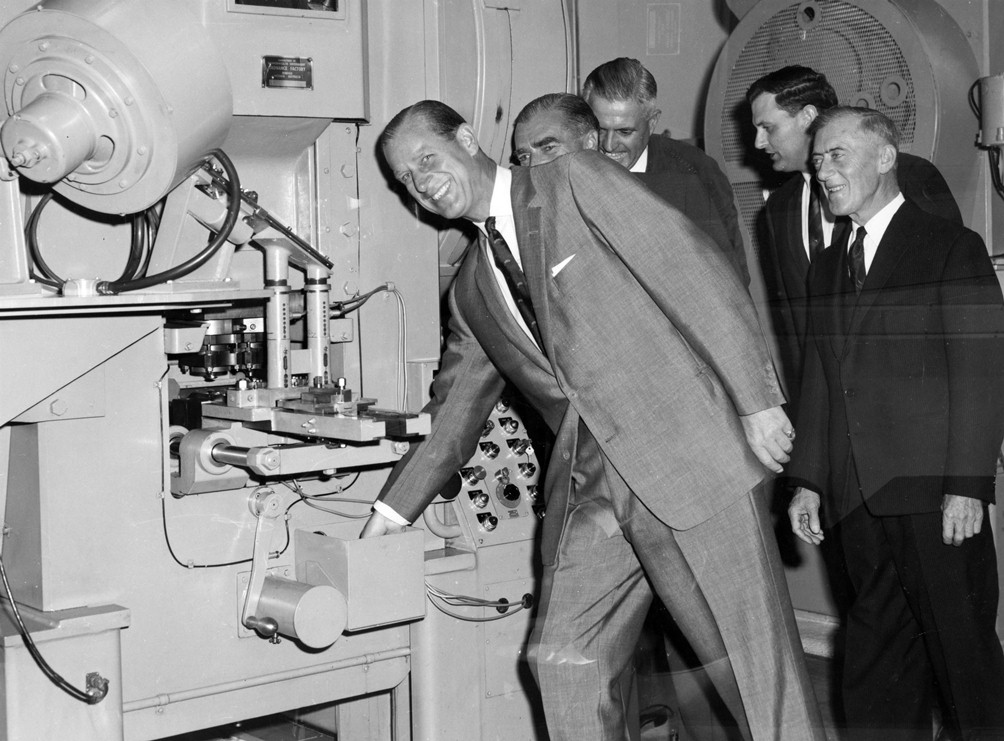
1996 Edinburgh, Science: Dolly the Sheep appeared, cloned from an adult cell.
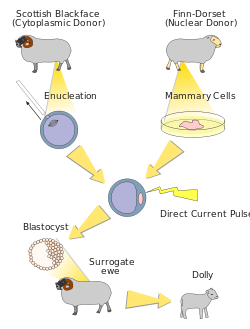
February 21
1764 London, Politics: A majority of the House of Lords voted to expel John Wilkes because of his ‘Essay on Women’ which parodied Alexander Pope’s ‘An Essay on Man’ with its homage to the natural order. It was deemed obscene, libellous, and seditious and…. He promptly ran for a seat in the House of Commons and won. He seems to have lurched, often inebriated, from one cause célèbre to another in denouncing corruption in government and asserting populist causes. For a time he was Lord Mayor London. I have been unable to find out anything about the Essay except that it exists.
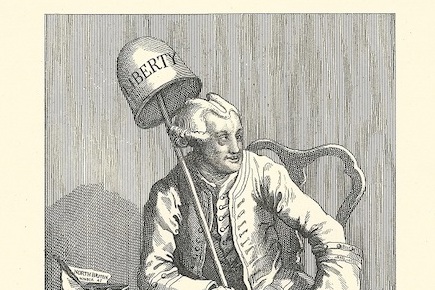
1848 Paris, Politics: Karl Marx and Friedrich Engels published ‘Manifest der Kommunistischen Partei’ (“Manifesto of the Communist Party”). It passed largely unnoticed until authorities began banning it. That free publicity caused it to be taken up by all manner of socialist, anarchist, dissident, and opposition groups throughout Europe. Sotheby’s sold a first edition like that pictured below last year for — sit down — £91,200.
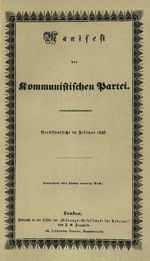
1878 New Haven, Technology. The world’s first telephone book was issued, a single piece of cardboard listing fifty names and numbers.
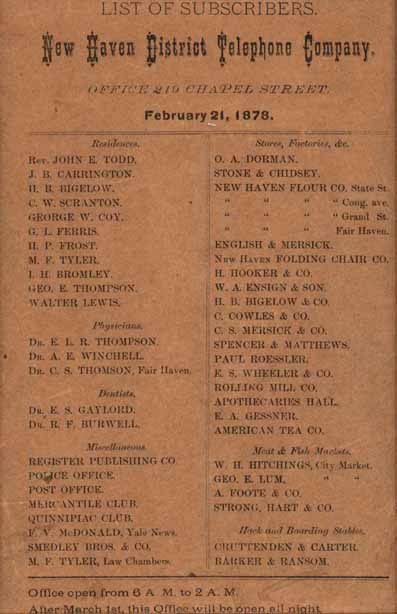
1947 Boston, Technology: Harvard alumni Edwin Land demonstrated the first Polaroid camera at a meeting of the Optical Society. He had devised a film that used polarised light to develop itself. The first black and white prints took 60 seconds. It went on sale two years later. I used one for years to photograph students. It helped to learn their names. I also discovered that it was an ice breaker in interviews. Show someone a camera and they pose. It is learned behaviour.
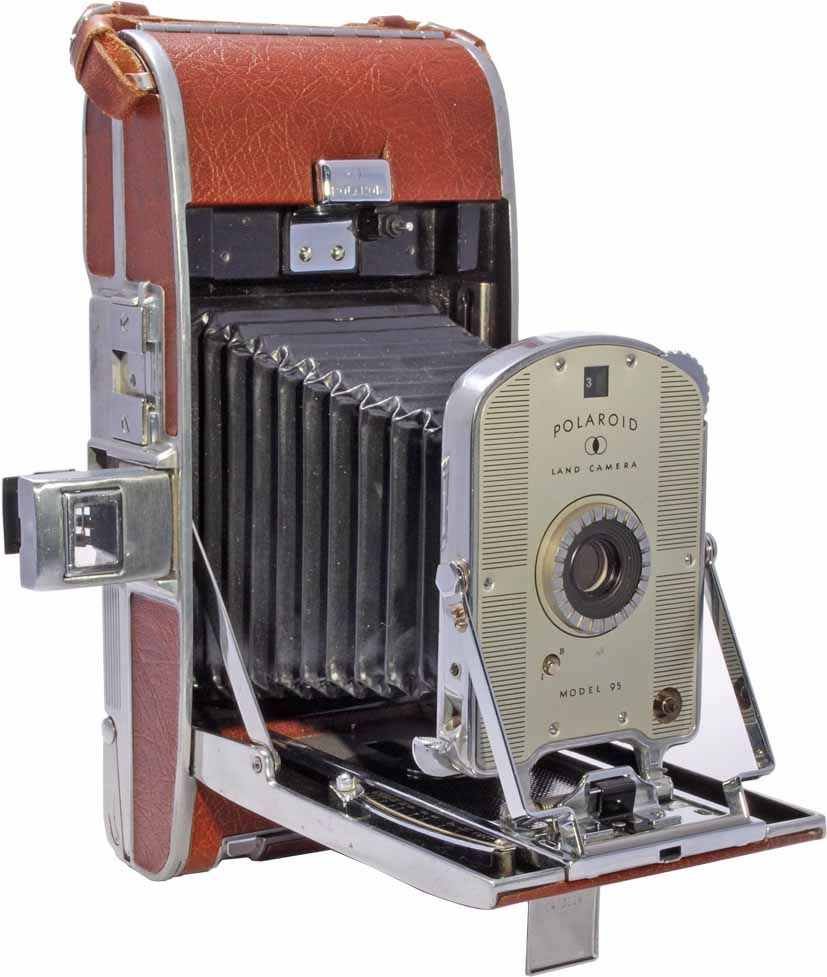
1972 Shanghai (China), Politics: US President Richard Nixon landed in the People’s Republic of China for the first ever Presidential contact with the Communist Regime. The last American official in mainland China had left in 1949. Nixon had a strategic sense absent from nearly all later presidents. His rapprochement with the PRC was intended to confuse the Union of Soviet Socialist Republics, and it did. I chose the picture below because Nixon probably had extensive lessons on using chopsticks before he went. He was one for preparation and left nothing to chance. Garry Wills’s superb take on Nixon is discussed elsewhere on this blog.
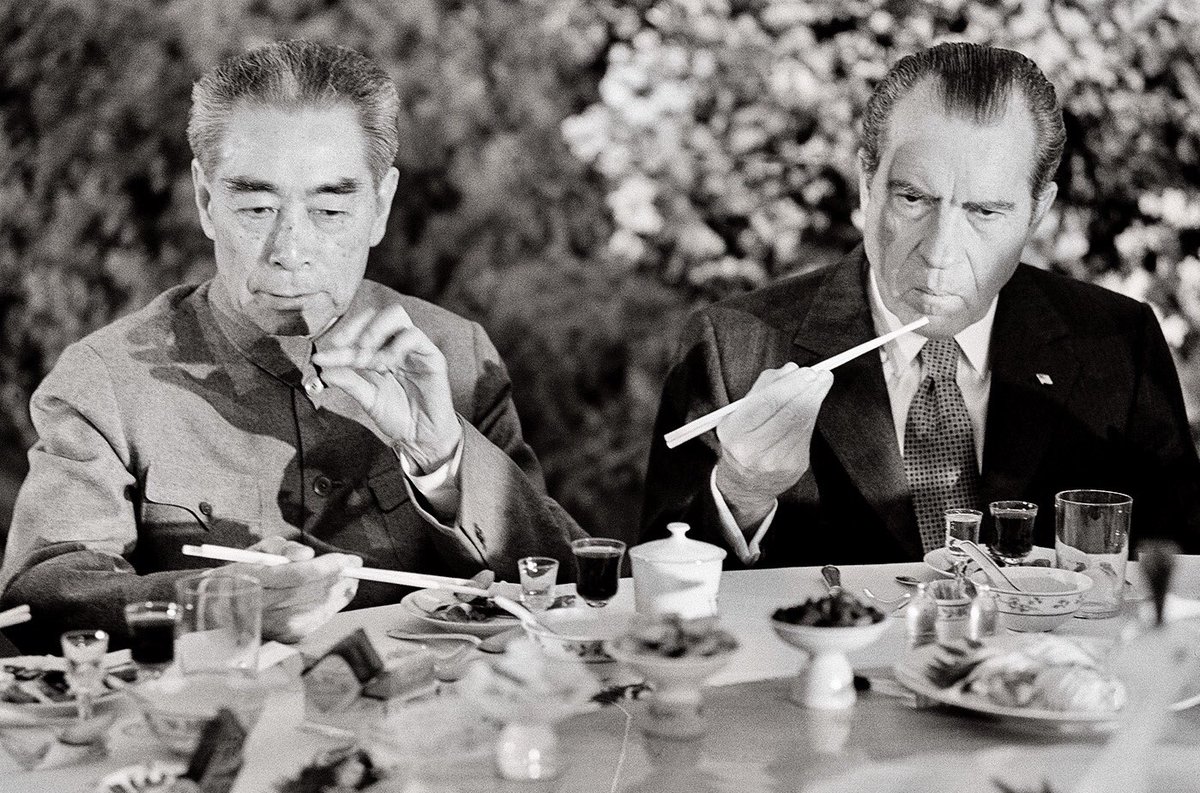
February 20
1903 London, Vexillology: King Edward VIII’s royal approval for the Australian flag was gazetted. In the Federal Flag competition there had been more than 32,000 entries. The entry selected was derived from five virtually identical submissions, two from teenagers. The five shared the prize money. Over the years, as committees must, the points on the stars have been tweaked.
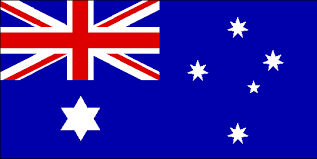
1913 Canberra: History: King O’Malley, a larger than life American immigrant, drove the first peg to mark the layout of Canberra, a new capital for a new county. A biography of O’Malley is discussed elsewhere on this blog. Click on.
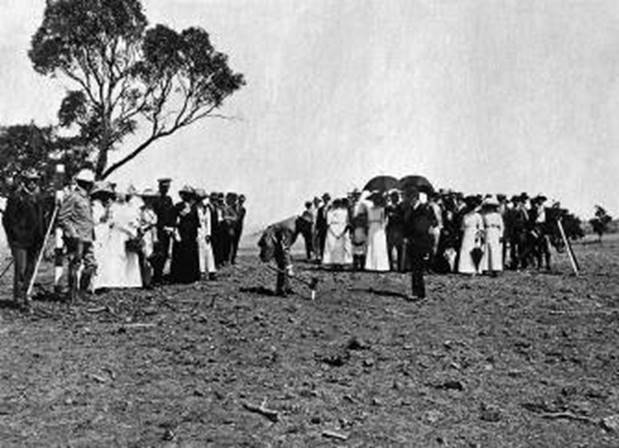
1962 Space, Technology: John Glenn piloted Friendship 7 in orbit, and made that comment about the lights that no one ever mentioned again. He spent five hours in orbit before safely splashing down in the Atlantic Ocean. We watched some of it in the high school auditorium. Glenn was one of the original Mercury Seven, and later a U.S. Senator from Ohio when Republican Senators acted like Senators and not shills.

1985 Dublin, Society: The Irish government made the sale of contraceptives legal. The measure had been steadfastly denounced from the Archbishop’s palace, which had been for decades the seat of rule in Ireland in all but name. Some say this is the first time an Irish government defied the expressed direction of the Roman Catholic Church. Charles Haughey was the Attorney General who drove the change. He was Irish Prime Minister on three occasions, each marked by crises and scandal, but he continued. The local press referred to him as the Great Houdini for his ability to escape defeats that would have crushed anyone else. The parliamentary vote was 83 – 80. The list below puts the matter into context.

1992 New York City, Politics: Businessman Ross Perot announced that he would run for president. He split the vote in November, benefitting Bill Clinton. He was a stimulating and refreshing candidate without a pretension to his name. His three objectives were (1) a balanced budget, (2) ending the export of jobs through out-sourcing, and (3) direct electronic democracy on local issues. He won nearly twenty per cent of the popular vote. He had no interest whatever in foreign policy and said so.
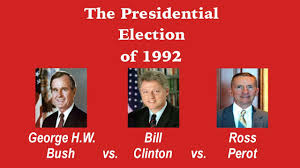
26 May
1896 St Petersburg, History: Nicholas II was crowned Tsar of all the Russians. He proved to be the last Tsar, though today his likeness is seen far and wide in Russia while Lenin has disappeared down the Memory Hole.

1908 Masjed (Persia), Technology: The first commercial oil strike in the Middle East was made by the Anglo-Persian Oil Company. Thus began the role of the region in the oil business. Calouste Sarkis Gulbenkian made his fortune there and we enjoyed some of the spoils at the museum he endowed in Lisbon.
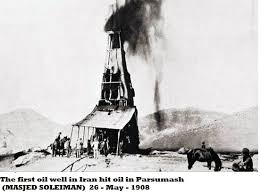
1940 Dunkirk, War: This was the first day of Operation Dynamo. Usually I do not include war but this is an exception.
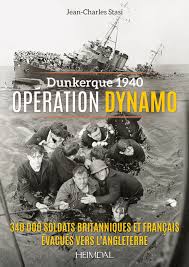
1959 Milwaukee, Sports: Baseball journeyman Harvey Haddix transcended himself and the game when pitched twelve perfect innings only to lose in the thirteenth. It is longest stretch of perfect pitching in a single game ever. The more noteworthy for being against the Milwaukee Braves with the bats of Henry Aaron and Ed Mathews in the lineup along with Mr ‘On-Base’ Bill Bruton. It is a unique sporting achievement.
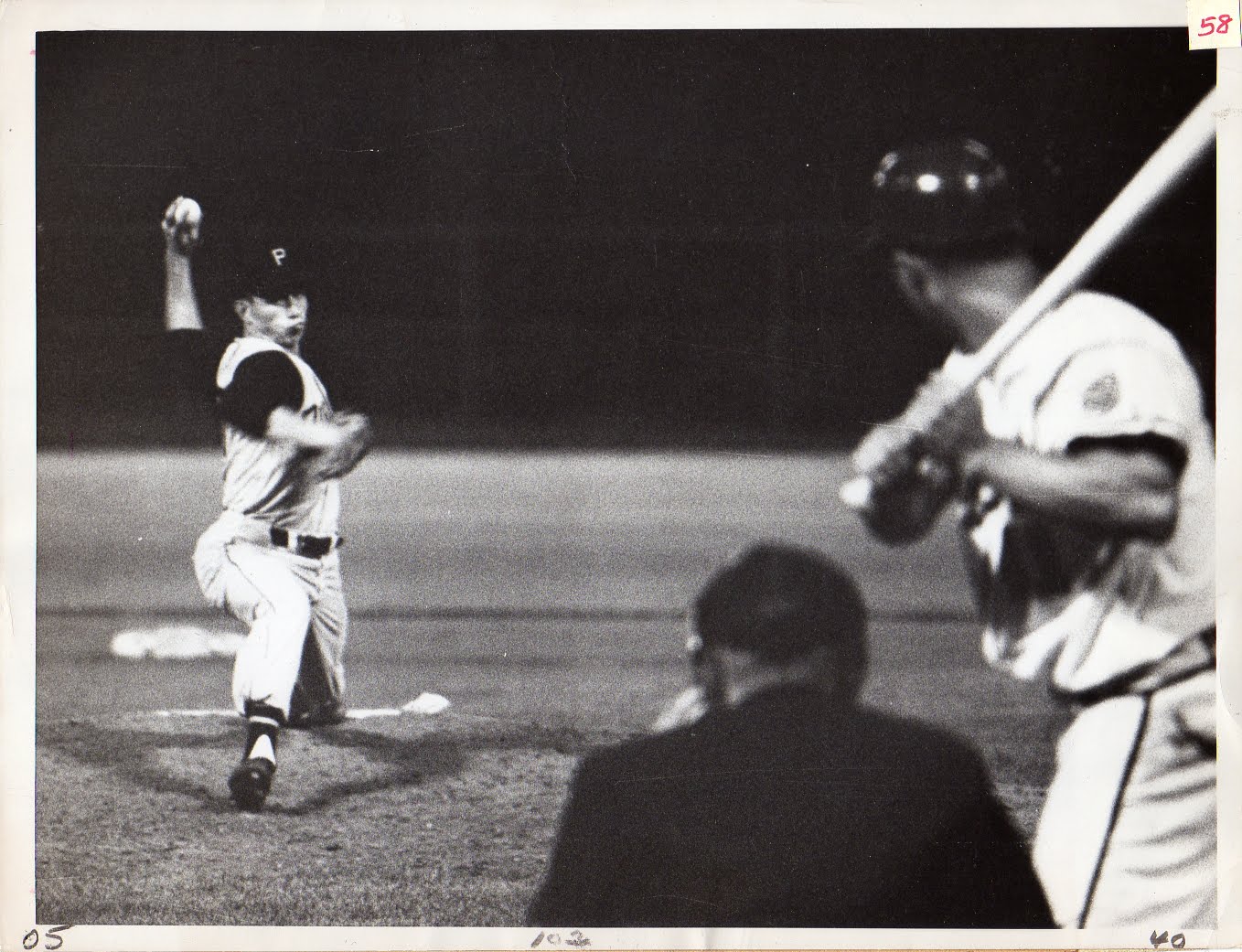
2000 Columbo, Literature: Science Fiction writer Arthur C. Clarke was knighted for services to literature. Read many of his novels and stories long before HAL came along.
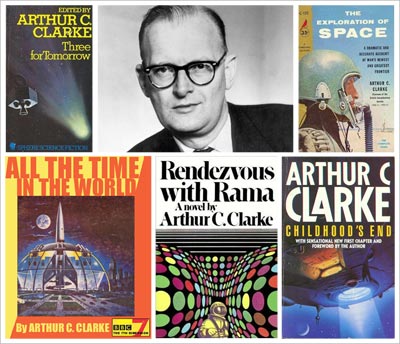
25 May
1842 Prague, Science: Christian Doppler presented the Doppler Effect to the Royal Bohemian Academy. It refers to the interaction of sound and movement as when a police car with its siren blaring approaches and recedes. At Mach 1+ an aircraft precedes the sound wave it generates.

1878 London, Music: Gilbert and Sullivan’s comic opera ‘HMS Pinafore’ premiered. It was their first major success. Seen it on the boards a couple of times.
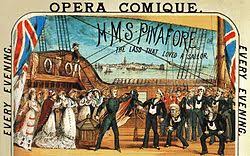
1911 Venice, Literature: Thomas Mann visited the Lido in Venice and that inspired his short novel ‘Death in Venice.’ Read it more than once. The film is true to the book thanks to Luchino Visconti’s genius though it makes the writer into a musician so that Mahler’s music features.
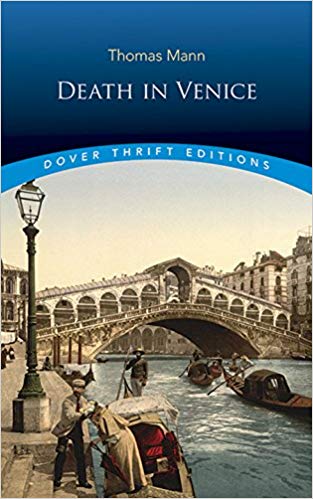
1961 Washington D.C., Politics: Before a joint sitting of Congress President John Kennedy proposed sending a man to the Moon before the decade was out. Mission accomplished.
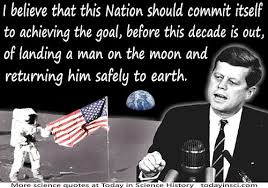
1977 Entertainment: ‘Star Wars’ screened. The Force has been with us since.
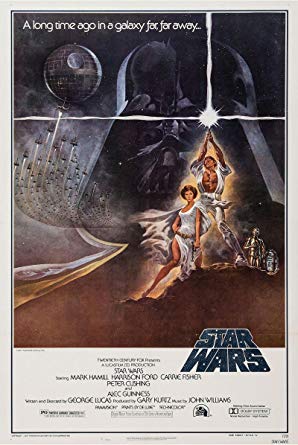
24 May
1595 Leiden, Knowledge: The Leiden University Library inaugurated its nomenclator, a printed catalogue of the books in the library. This is the first recorded use of catalog in an institutional library. For a time I had a reader’s card for this library, as I never tire of repeating.
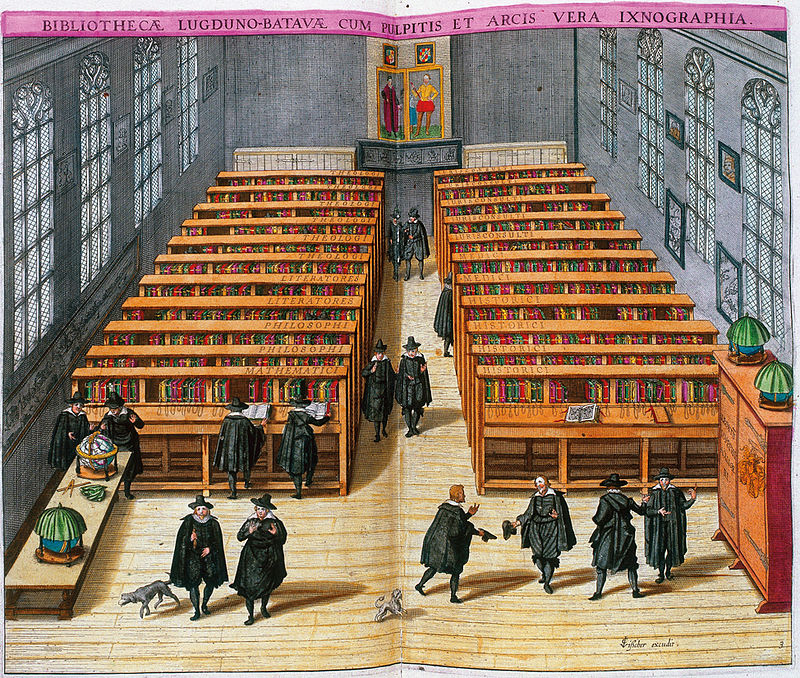
1838 Sydney, Commerce: The first David Jones store opened on George Street at Barrack Lane. It is oldest department store operating under its original name, according to Wikipedia. Welshman David Jones immigrated as a free settler, first to Tasmania and then New South Wales. It is usually referred to as DJs. Dropped a lot of dosh there in the food hall.

1844 Baltimore, Technology: Samuel Morse dispatched the first telegram on an experimental line to Washington DC, taking as the text Numbers 23:23, ‘What hath God wrought.’ Several Congressman observed the process.
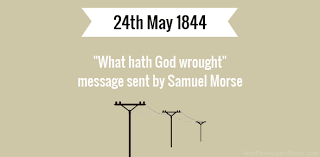
1930 Amy Johnson flew solo from England to Australia. Look closely below. KLM named one of its jets for her. That is more than Qantas has done.
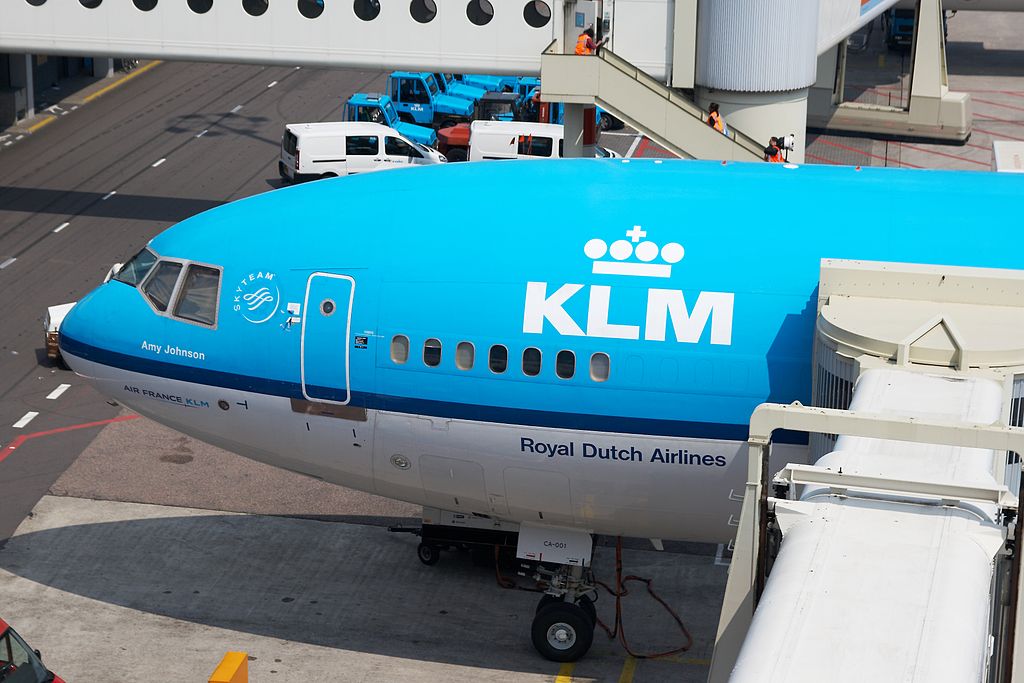
1978 Management consultant Marilyn Loden referred to a ‘glass ceiling’ to describe an invisible barrier to the careers of women.

2015 Dublin, Human Rights: Despite clerical opposition, a referendum on same-sex marriage passed with 62% of votes for yes.
